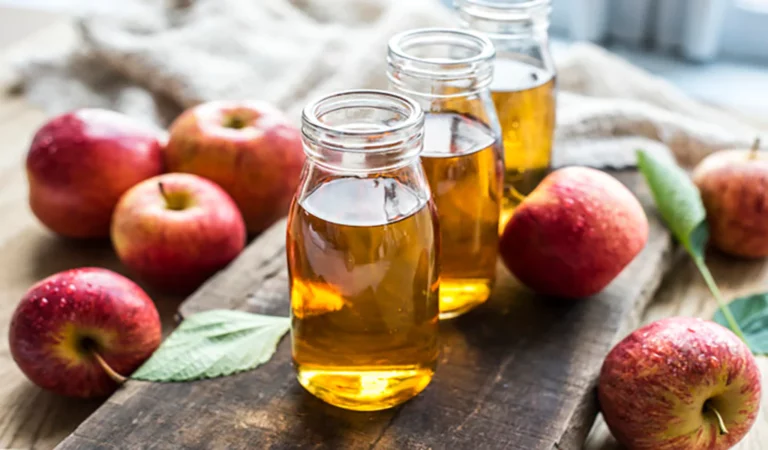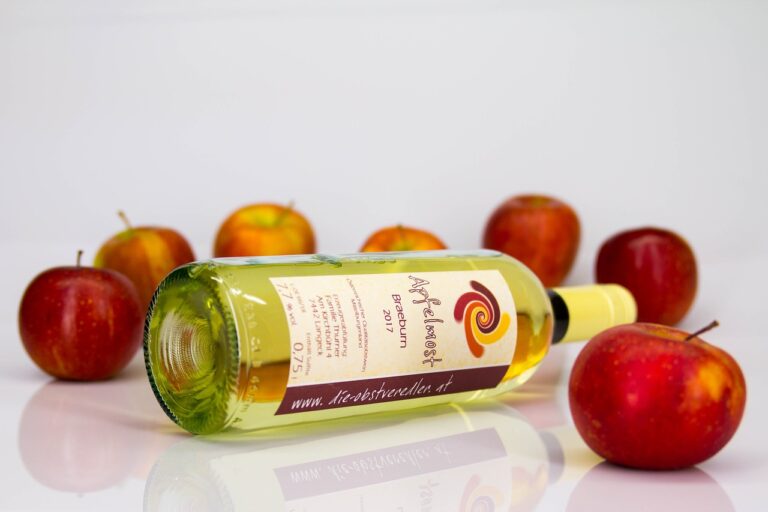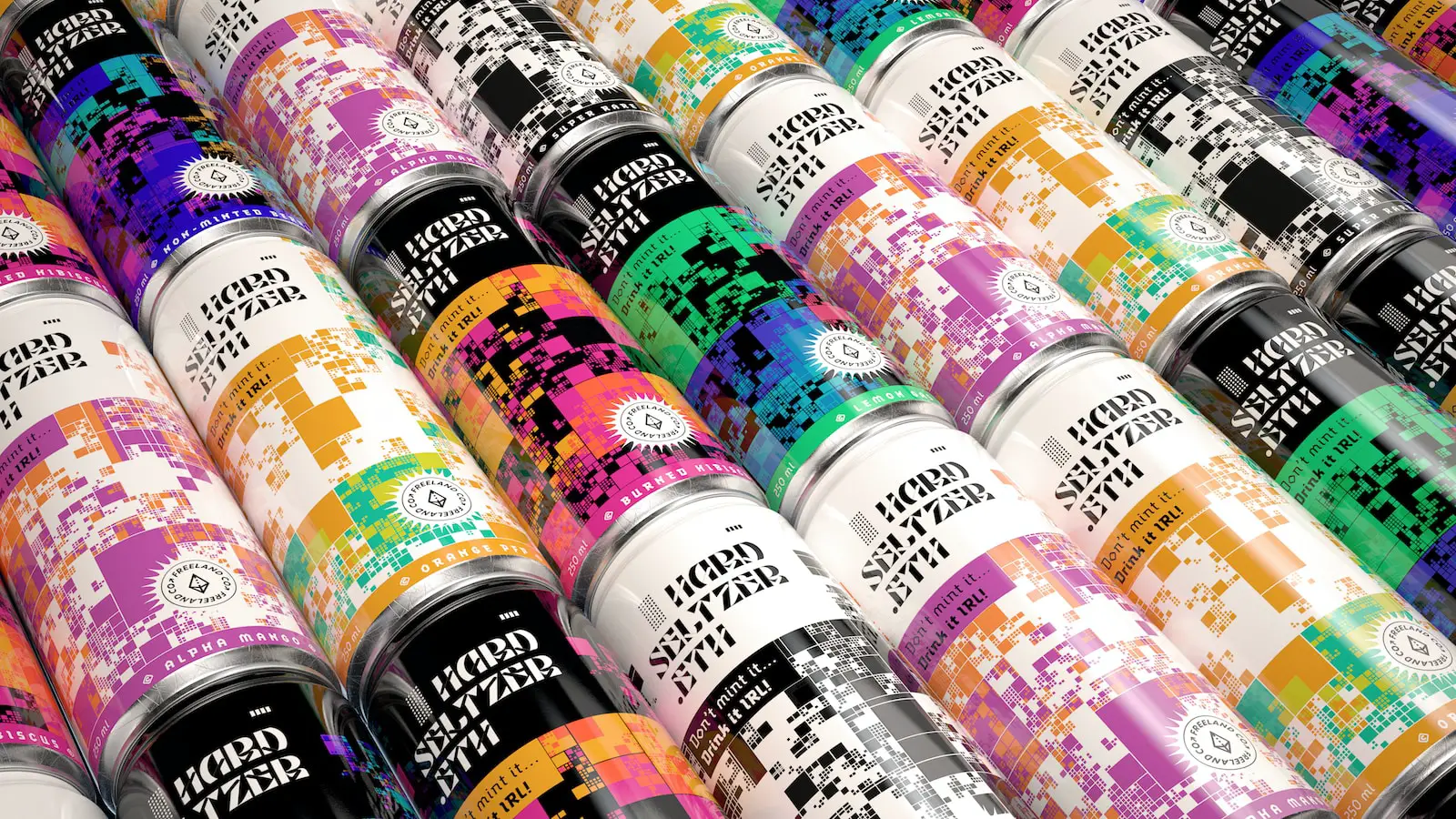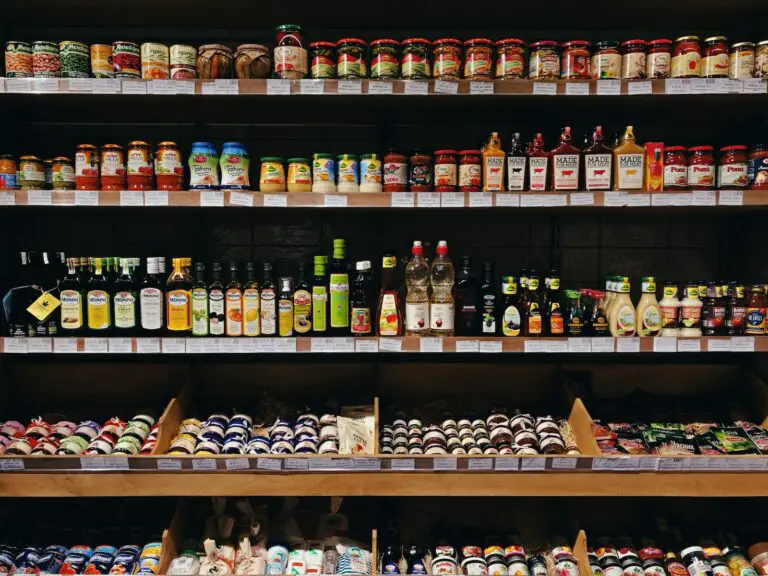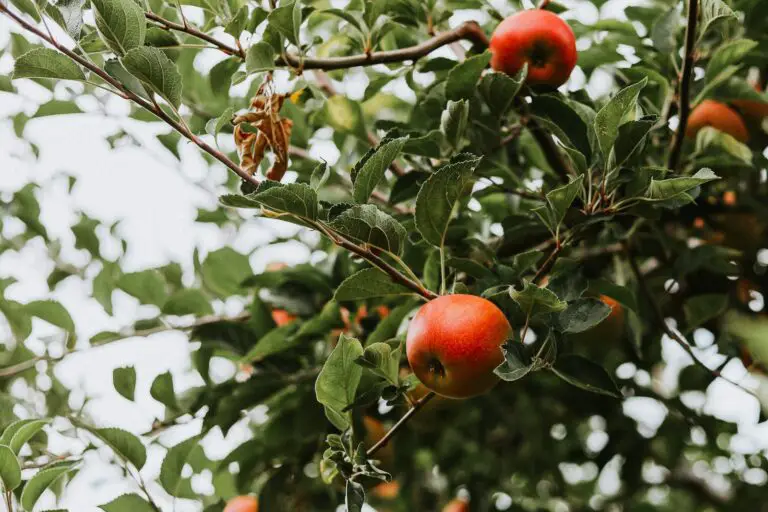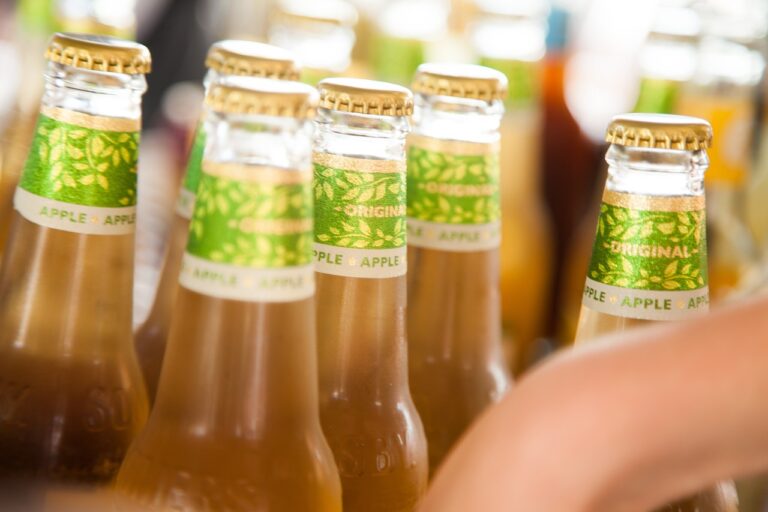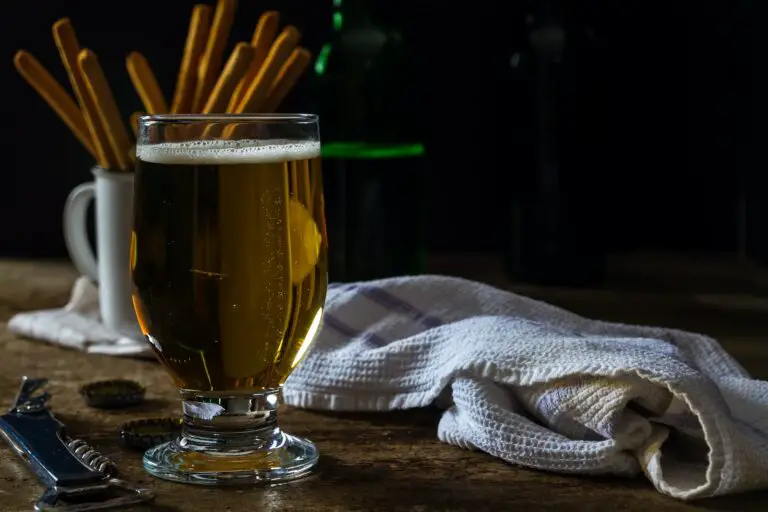Most people like to perform exhaustive diets to ensure they will lose the surplus of pounds in their bodies. However, few of them know that there is a smarter way to lose pounds and look healthy and fit.
Today most younger people like to perform fasting once in a while because it’s:
- Convenient: It can get you out of the usual diet and ensure your liver and inner organs work right.
- Easy to follow: When fasting, you don’t have to prepare anything to eat. Just drinking water is enough to give you the energy you need to metabolize nutrients.
- Trendy: People who fast act like little Gods. You are the one to show others your discipline and dedication to your goal of losing pounds and being healthy.
On the other hand, there are energy drinks. You will hear about them all the time online and on TV. These energy drinks usually have excess amounts of sugar, carbs, and other stimulant substances to keep you awake.
Let’s take a look at what energy drinks stand for and how they could interact with your intermittent fasting diet. And when talking about intermittent fasting, it’s the lifestyle of eating only a few hours within the day, and the rest of them perform fasting.
Sleeping also helps you to be compliant with fasting, so you need to know more about it and keep on reading the next paragraphs to get the right information.
What Are Energy Drinks?
Energy drinks are the most impressive liquid energy beverages of modern times. They have substances like taurine and caffeine inside.
Some of them have various flavors to ensure that you will like to drink them, like bananas, blueberries, guarana, and forest fruits. These energy drinks are lightly carbonated to give you the sense of having a soft drink.
However, they are rich in vitamins and minerals to ensure that you get the best possible nutrients when you drink them. You also get enough calories to ensure that you have the most extravagant stamina when you are so tired you can’t even sit in your chair.
How Can You Know If Your Energy Drink Has Cane Sugar?
All producers have a legal obligation to write the ingredients of energy drinks on the aluminum can. That means you will surely know if your favorite energy drink has some cane sugar inside or not.
Some others have both cane sugar and stevia leaves extract. There are also some energy drinks claiming to have only artificial sweeteners inside, like aspartame and xylitol.
When you are on an intermittent fasting diet, you better check all the substances before you consume them. These energy drinks could easily drive you out of the normal intermittent fasting path, so you need to know in advance what to expect.
Are Artificial Sweeteners Bad for Your Intermittent Fasting?
There are some researchers claiming that artificial sweeteners have the same bad influence as sugar on intermittent fasting. That could be done for several reasons:
- Insulin resistance: When you consume too many artificial sweeteners, your body produces more insulin even though there is no sugar to give to the cells. It could slow down your metabolism and make you feel tired all the time.
- Increase your appetite: When you have too many artificial sweeteners, there is a higher chance of having an appetite like one you have never seen before. That could make you break your fasting with devastating results.
There is no sureness that sweeteners could do harm to your intermittent fasting. But when you are in doubt, it’s better to avoid them for good or bad.
How Many Energy Drinks Are Too Many for Your Diet?
When you are on a diet or fasting, you should drink no more than one energy drink per week. It’s better to consume it during weekends when you will have the time to replace that drink with lots of water and exercise.
When you want to have a break from fasting, you can choose the energy drink you like and enjoy. But drinking one energy drink per day will surely remove you from your healthy diet and break your intermittent fasting.
Why Could More Carbs Kill Your Intermittent Fasting?
Carbs are the main fuel for your body. When your cells need to metabolize macromolecules right away, they always use carbs.
Today you can find carbs virtually in any food. However, if you overdo it with carbs, it could be bad for your intermittent fasting. Your body will not provide new keto bodies to feed your cells, and all the energy will come from the sugar intake.
That’s why carbs are the number one enemies of your intermittent fasting, and you should avoid them. Hidden carbs are in energy drinks, and that’s the main reason you should also avoid their consumption when you want to fast successfully.
Which Are the Two Types of Intermittent Fasting?
Here are the two main types of intermittent fasting that are too popular in the general population:
- 16-hour fasting: You can do that when you fall asleep and won’t eat anything 2 hours before going to bed and 2 hours after getting awake
- 12-hour fasting: Fasting is done only for four hours before getting to bed and you normally eat when you are awake
You can perform the first type when you are experienced and the second one when you are a beginner. Both will give you a chance to lose many pounds after several weeks.
Can You Consume Excessive Carbs and Proteins When You Fast?
Proteins are necessary when you perform intermittent fasting. However, carbs could easily throw you away from your fasting, and that could be the reason to avoid them.
Final Words
With intermittent fasting, you can lose many pounds. It’s up to you to cut the energy drinks that have sugar and sweeteners to ensure you will have the best possible effect on weight loss.
It’s hard to lose weight with intermittent fasting when you consume too many energy drinks, so cutting them would be the right thing to do.


